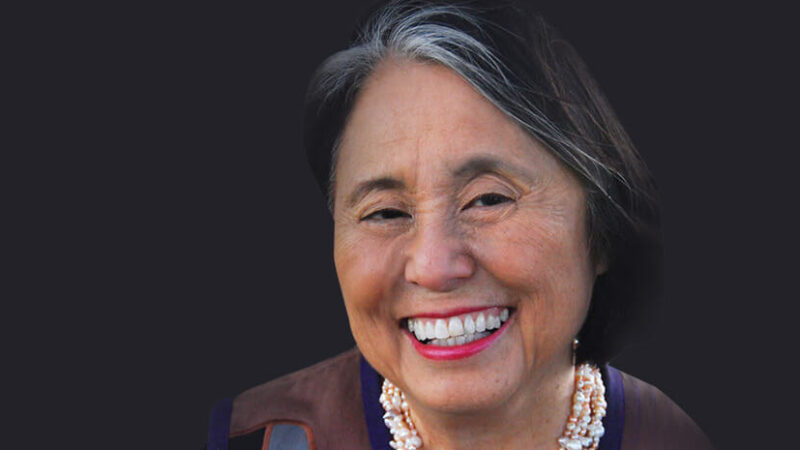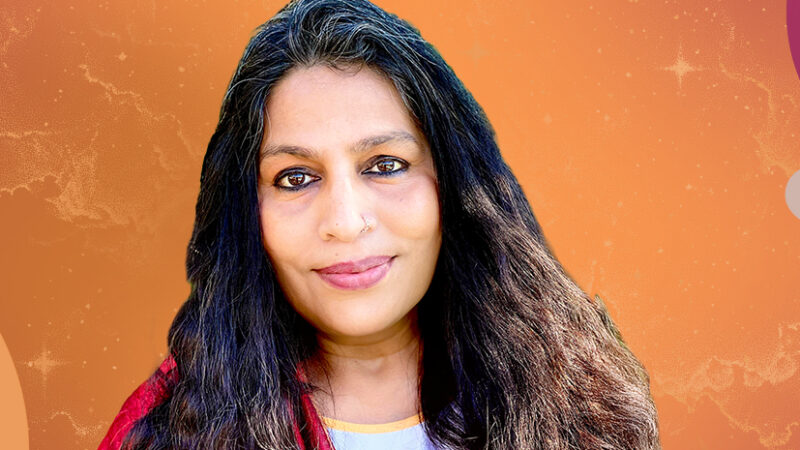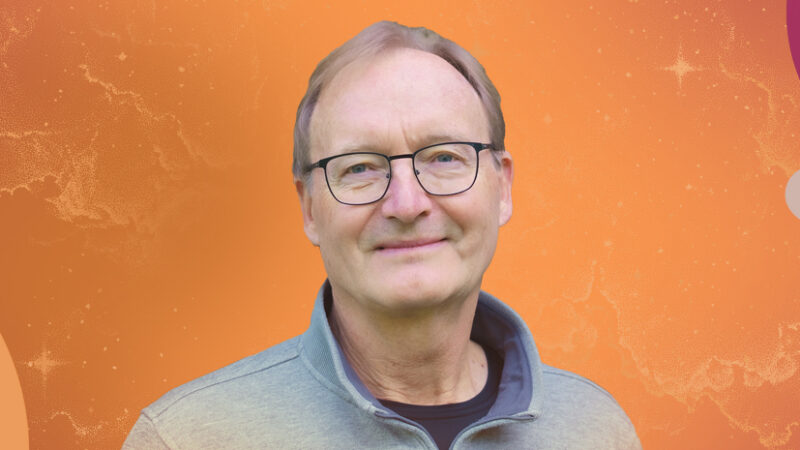Becoming Who You Are Meant to Be
Jean Shinoda Bolen, MD, is a Jungian analyst and clinical professor of psychiatry at the University of California, San Francisco. An internationally renowned lecturer and workshop leader, she is author of The Tao of Psychology, Goddesses in Everywoman, Close to the Bone, Like a Tree, and more. She is also a fellow of the American Psychiatric Association (APA) and a past chairperson of the Council of National Affairs of the APA.
In this podcast, Dr. Bolen joins Sounds True founder Tami Simon to reflect on her many years as a writer, teacher, and activist, and how doing our “soul work” becomes the path to self-actualization, connection, and contribution throughout our lives. They also discuss our innate capacity for love and awe; becoming a whole-brain person; speaking up as a key aspect of individuation; gratitude and appreciation; the dandelion effect, or how seeds of beneficial ideas are carried to fertile ground; navigating liminal times; the predicament of “just doing time” with our lives; connecting with loved ones we’ve lost; becoming more familiar with your “dark side of the moon”; the metaphor of the millionth circle; and more.







